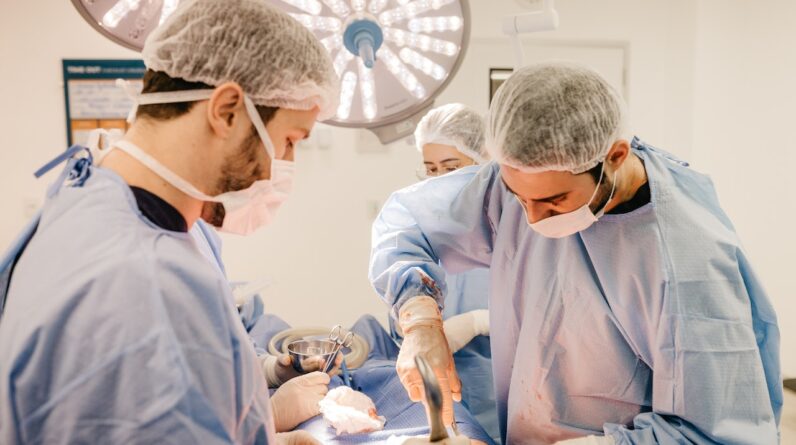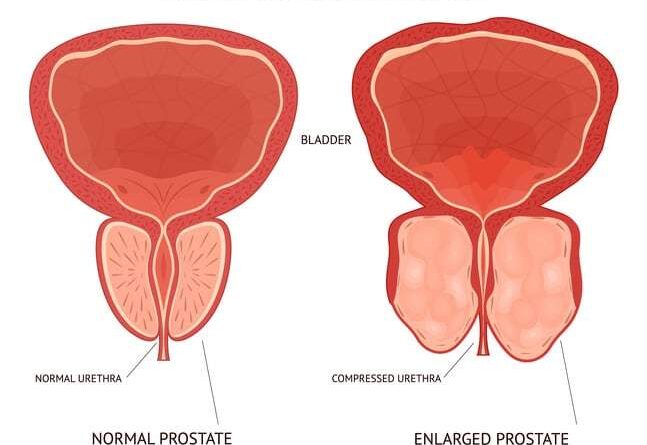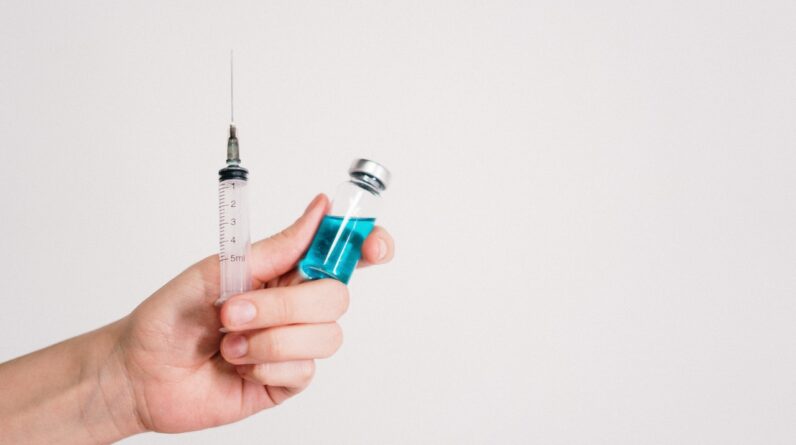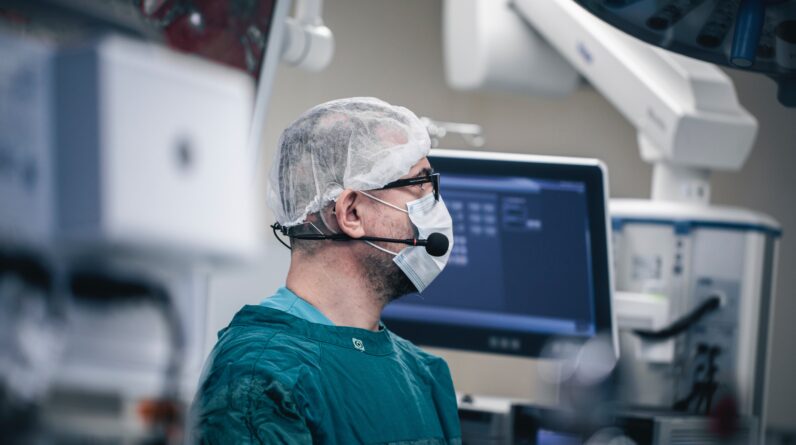
Introduction to Robotic Prostate Surgery
In recent years, the medical world has been revolutionized by the advent of robotic-assisted surgery. One area where it has made significant strides is in the treatment of prostate cancer. Robotic prostate surgery, also known as robotic-assisted laparoscopic prostatectomy (RALP), has emerged as a go-to procedure for many surgeons and patients alike.
The Procedure of Robotic Prostate Surgery
Robotic prostate surgery involves the surgeon manipulating a robot’s hands to perform the surgery, increasing precision and reducing the likelihood of error. The surgeon views a high-definition, 3D image of the surgical site and manipulates the robotic arms to perform the surgery.
Advantages of Robotic Prostate Surgery
The benefits of this technique are numerous, with less blood loss, lower risk of complications, shorter hospital stays, and faster recovery times being just a few. However, like any surgical procedure, it’s not without its potential risks and side effects.
Understanding Bowel Problems
To grasp why bowel problems might occur after surgery, it’s important to first understand the bowel system and common issues associated with it.
The Human Bowel System
The human bowel, part of the digestive system, consists of the small intestine and the large intestine, also known as the colon. It plays a vital role in the body’s digestion of food and excretion of waste.
Common Bowel Issues
Common bowel issues can range from mild annoyances, like gas and bloating, to more severe conditions like irritable bowel syndrome (IBS), Crohn’s disease, or bowel obstruction.
Post-Surgical Bowel Problems: Are They Possible?
The answer is yes. Despite the precision and advantages of robotic prostate surgery, there can still be risks and potential complications. Bowel problems are one such complication.
Why Bowel Problems May Occur
Bowel problems after surgery may arise due to several factors including the patient’s overall health, reaction to anesthesia, or the physical trauma of surgery. Though rare, inadvertent injury to the bowel during surgery is also a possibility.
Potential Risks and Complications
These complications can lead to symptoms such as constipation, diarrhea, abdominal pain, bloating, and even fecal incontinence. It’s essential to consult with your medical provider if you experience any of these symptoms post-surgery.
Management and Prevention of Bowel Problems
Should you encounter these complications, there are measures in place to manage and potentially prevent future issues.
Lifestyle Changes
Lifestyle modifications, such as a balanced diet rich in fiber, adequate hydration, regular exercise, and avoiding straining during bowel movements, can significantly help manage bowel problems.
Medical Treatments
In some cases, medication or additional treatments may be required. These can range from laxatives for constipation to more specific medications for conditions like IBS. In rare cases, additional surgery may be needed to correct complications.
Patient Experiences and Real-life Cases
To better understand this, let’s look at a couple of real-life cases.
Case Study 1
Consider John, a 65-year-old man who underwent robotic prostate surgery. Despite a successful operation, he experienced bloating and constipation post-surgery. With diet changes and mild medication, he was able to manage his symptoms effectively.
Case Study 2
Next, we have Robert, a 70-year-old man who had similar surgery but suffered from fecal incontinence afterwards. He needed more intense medical intervention, including medication and pelvic floor exercises, to regain control over his bowel movements.
Wrapping Up
While robotic prostate surgery offers numerous advantages and generally has a low risk of complications, it’s crucial to be aware of potential post-surgery issues, such as bowel problems. While these are generally manageable with lifestyle changes and medical treatments, any concerns should always be discussed with your healthcare provider to ensure the best possible outcome.
Remember, each patient’s experience can be different, and understanding these possibilities can help to prepare for a smoother recovery process. Stay informed, stay prepared, and always consult your medical provider when in doubt.
FAQs
- Is it normal to have bowel problems after robotic prostate surgery? While it’s not the norm, bowel problems can occur due to various factors associated with the surgical procedure and recovery process.
- How can I reduce the risk of bowel problems post-surgery? Leading a healthy lifestyle, including a balanced diet and regular exercise, can significantly reduce the risk. Regular follow-ups with your doctor are also important.
- How soon after surgery can bowel problems start? This can vary from person to person. Some might experience issues immediately after surgery, while others might develop them weeks or even months later.
- Are bowel problems after robotic prostate surgery permanent? Generally, these problems are temporary and can be managed with lifestyle changes and medication. However, it’s essential to consult with your doctor for personalized advice.
- Can bowel problems be a sign of a more serious complication? While bowel problems are often manageable, they can sometimes indicate a more serious issue, such as an injury to the bowel. If you have any concerns, it’s crucial to seek medical attention immediately.
- How long can bowel problems persist after robotic prostate surgery? The duration can vary widely among individuals. Some might experience problems for a few days to weeks, while others might have symptoms for several months. Continuous issues should be discussed with a healthcare provider.
- Can bowel problems after surgery affect my overall recovery? Bowel problems can impact your comfort and quality of life during the recovery period. However, with appropriate management and treatment, these issues typically do not affect the overall success of the prostate surgery.
- Can physical therapy help with bowel problems post-surgery? Yes, physical therapy, particularly pelvic floor exercises, can help improve bowel control and alleviate certain symptoms like incontinence.
- Should I change my diet if I am experiencing bowel problems after surgery? A diet change can often help manage bowel problems. Including more fiber in your diet, staying well-hydrated, and avoiding foods that may cause gas can be beneficial. However, always consult with a healthcare professional or a dietician before making any significant changes to your diet.
- Are there long-term health implications if bowel problems after surgery are not addressed? If left untreated, persistent bowel problems can potentially lead to more serious health issues, such as dehydration, hemorrhoids from chronic constipation, and a reduced quality of life. Therefore, it’s important to seek medical help if you’re experiencing ongoing bowel issues after surgery.







